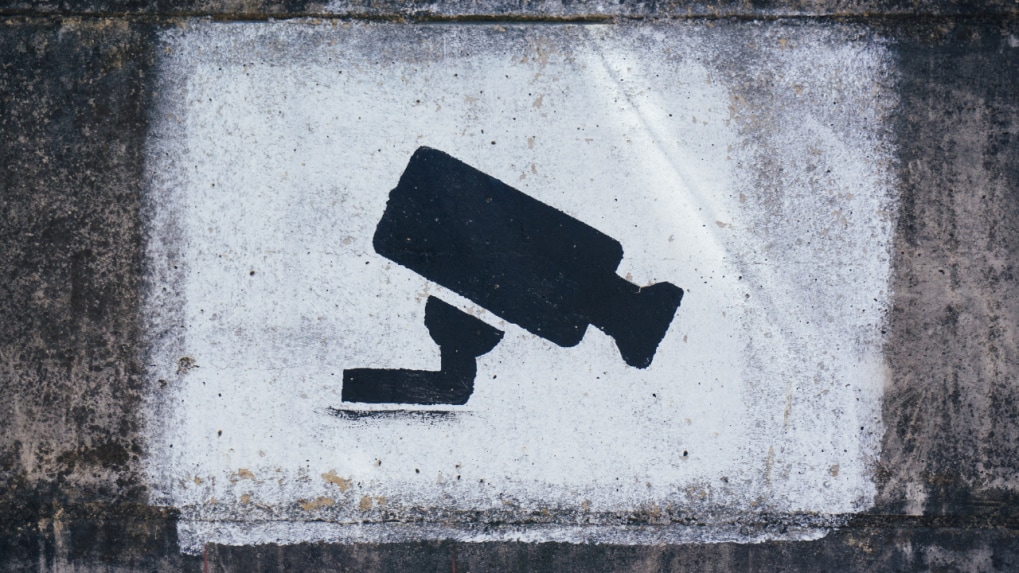Govt directs ad agencies to ensure strict compliance of guidelines on surrogate advertisements
The directions come in the wake of surrogate ads being noticed in the recent sports events that were televised globally.
ADVERTISEMENT
On August 31, the Department of Consumer Affairs, which comes under the Ministry of Consumer Affairs, Food and Public Distribution directed advertising agencies to ensure strict compliance with guidelines on the prevention and endorsement of misleading advertisements.
The directions mainly pertained to the guidelines on surrogate advertising, were sent to Advertising Association of India, Indian Broadcasting Foundation, Broadcasting Content Complaints Council, News Broadcasters and Digital Association, Advertising Standards Council of India, PHD Chamber of Commerce and Industry, Confederation of Indian Industry, ASSOCHAM, International Spirits and Wines Association of India, and the Indian Society of Advertising.
This move come in the wake of surrogate advertisements being noticed in the recent sports events that were televised globally. The department noted that the guidelines were not being followed, and were not being strictly complied by the concerned entities. Further, the department stated that the goods which were prohibited, found their way to advertisements through surrogate goods and services.
Surrogate advertising is a form of advertising, which is done on regulated goods, under the guise of another product. The regulated goods for example are cigarettes and alcohol. It is also a strategy of advertising products which cannot be advertised openly, where the advertisers rope in celebrities to increase their value, all without naming the actual product. Under the laws like the Cigarette and Other Tobacco Products Act, 2003, alcohol and tobacco cannot be advertised, thereby, surrogate advertising is done.
The Department also observed that many alcoholic spirits and beverages were advertised under the robe of music CDs, club soda, and packaged drinking water. On the other hand, chewing tobacco and gutkha took the veil of fennel and cardamom. The department also mentioned that most of the brands brought celebrities on board to maximise the impact of the brand, which they believed had a negative impact on the youth. Several instances of direct advertisements of alcoholic beverages were noticed on social media platforms as well, stated the Department in a press note.
In June, the Central Consumer Protection Authority (CCPA) issued guidelines on misleading advertisements, where a Rs 10 lakh would be fined for its first violation. For subsequent violations, it would lead up to Rs 50 lakhs. The guidelines also highlight that using any brand name, logo, colour, etc. associated with goods whose advertisement is banned is also not permitted.

